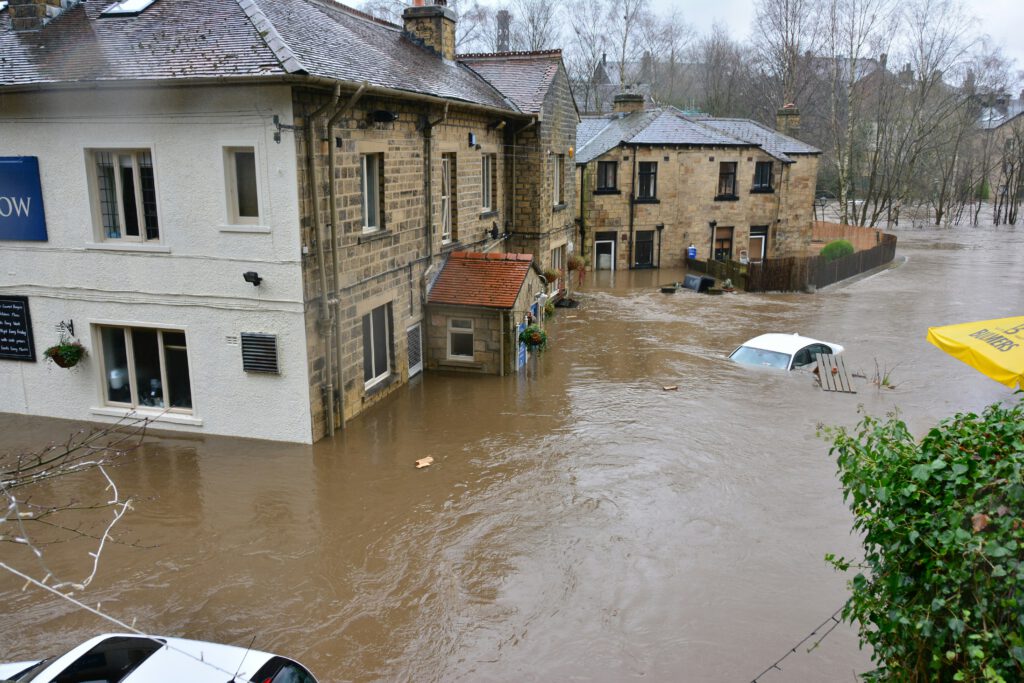As we come to the end of another term of Government, the country will be divided up into a patchwork of red and blue. Of course, the General Election is something that all of us at Policy Connect are keeping a close eye on. However, as the lead for water policy in our Sustainability team, it is drought and flooding that springs to mind first when I think of these colours.
Climate change is making the UK’s weather more extreme. The summer of 2022 was the joint-hottest and the fifth driest since the 1890s, leading to a declaration of drought and hosepipe bans in several areas of the country. This was followed by the winter of 2023/24, which saw a record-equalling number of named storms (11).
The challenges that we face associated with too little and too much water are set to continue. It is therefore vital that we adapt our homes and communities to be more water-efficient and flood-resilient. Some progress has been made, including the Government’s pledge to make water efficiency labelling mandatory by 2025, or the introduction of the Build Back Better scheme – providing homeowners with funds to install property flood resilience measures. However, the overall pace of change has been slow – earlier this year the Committee on Climate Change said that the Government’s National Adaptation Programme “falls far short of what is required”.
The Westminster Sustainable Business Forum is therefore calling on a new Government to make the following policy changes in its first 100 days of office.
Recommendation 1
WHAT: Implement Schedule 3 of the Flood and Water Management Act (2010).
WHY: To facilitate the widespread use and adoption of Sustainable Drainage Systems, which can help manage flood risk and improve water quality.
Recommendation 2
WHAT: Legislate to ensure that the use of water efficiency labelling becomes mandatory by 2025.
WHY: To improve the water efficiency of homes and help reduce water consumption to below 100 litres per person per day.
Recommendation 3
WHAT: Update Building Regulations to require all properties at high risk of flooding to include basic property flood resilience measures.
WHY: To help keep floodwater out, or reduce the time and cost needed to restore a home after a flood.
These are all evidence-based recommendations drawn from our recent ‘Bricks and Water’ reports: Building Resilience for England’s Homes and Managing Flood Risk and Accelerating Adaptation in a Climate Emergency.
Rob Allen C.WEM is a Senior Policy and Research Manager in the Sustainability Team and manages the Westminster Sustainable Business Forum.





